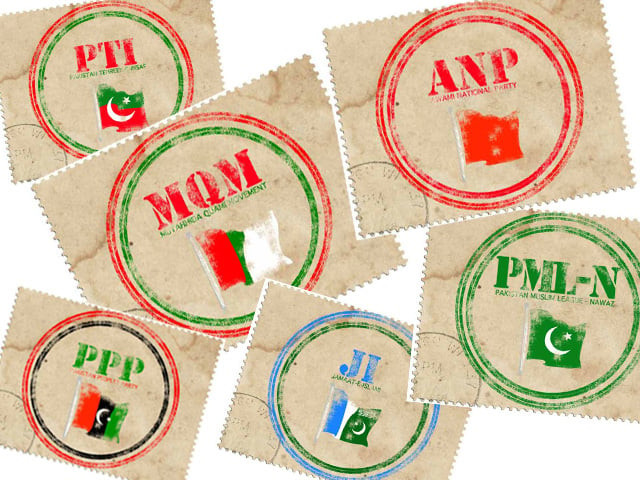
Let us first see why the PML-N has scored so poorly. From its very inception, the PML-N had become a handmaiden of feudal aristocracy from Sindh and Punjab, which had no interest in sharing power with the subordinate social classes. It had no grassroots support but an almost life-and-death control over the tillers of the land owned by this feudal aristocracy. Because of the guaranteed votes from their peasants, these feudal aristocrats became what is known as the ‘electables’, therefore, sought after by all illegitimate governments seeking legitimacy. And this very political nuisance value of theirs made each of these electables harbour delusions of being in power all the time and, therefore, never felt any qualms in joining new factions of the PML or forming their own to remain perpetually in power without the people’s mandate. Today, we have on the political scene two major, about three minor and about 22 obscure PMLs, each designated by an alphabet. A major faction passed on from the feudal aristocracy to big business sometime in the mid-1980s and since then, one of the biggest business houses of the country — the Sharifs — run this party. And going by their style of running the party, they seem to have no intention of letting it get out of its hands by holding genuine intra-party elections.
Now let us see how the PPP has fared. The party was launched in 1969 with a socialist programme and swept the 1970 elections in West Pakistan, routing most of the electables. But in the next general elections, chairman Zulfikar Ali Bhutto committed perhaps, the blunder of his life by awarding party tickets to the very same electables whom his unknown workers had defeated in the last polls. His successor, Benazir Bhutto, won the 1988 election perhaps, because she was the daughter of a person wrongly hanged and not because of her leadership qualities, which were untested until then. But she proved her mettle in the subsequent tests as a consummate politician. After her assassination, her husband has taken over the party in the name of their son. Its leadership today is confined to a handful of electables supported by a big mass of workers who do not really form a truly organised cadre. The party has shrunk to Sindh in the 2013 elections and the way it is being run as a close family affair without much-needed democratic reforms, it is more than likely that it would shrink further by the next elections.
Meanwhile, if the PTI can keep up its performance and improve on it in the next two to three years, it is more than possible that it would either force the competition into reforming or consign all to history. But it will have to guard against the interference from intelligence agencies, which are known to have forced, for misguided reasons, potential national political parties into family fold in self-defence. It is important that this does not happen in the case of the PTI.
Published in The Express Tribune, December 28th, 2014.
Like Opinion & Editorial on Facebook, follow @ETOpEd on Twitter to receive all updates on all our daily pieces.

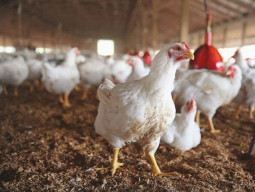


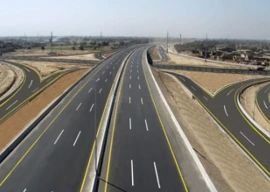
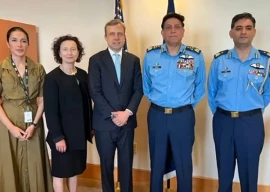



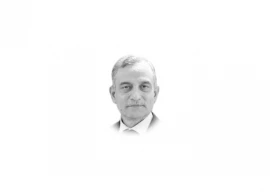


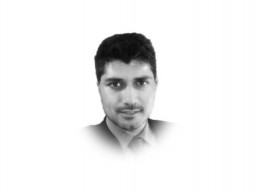
COMMENTS
Comments are moderated and generally will be posted if they are on-topic and not abusive.
For more information, please see our Comments FAQ